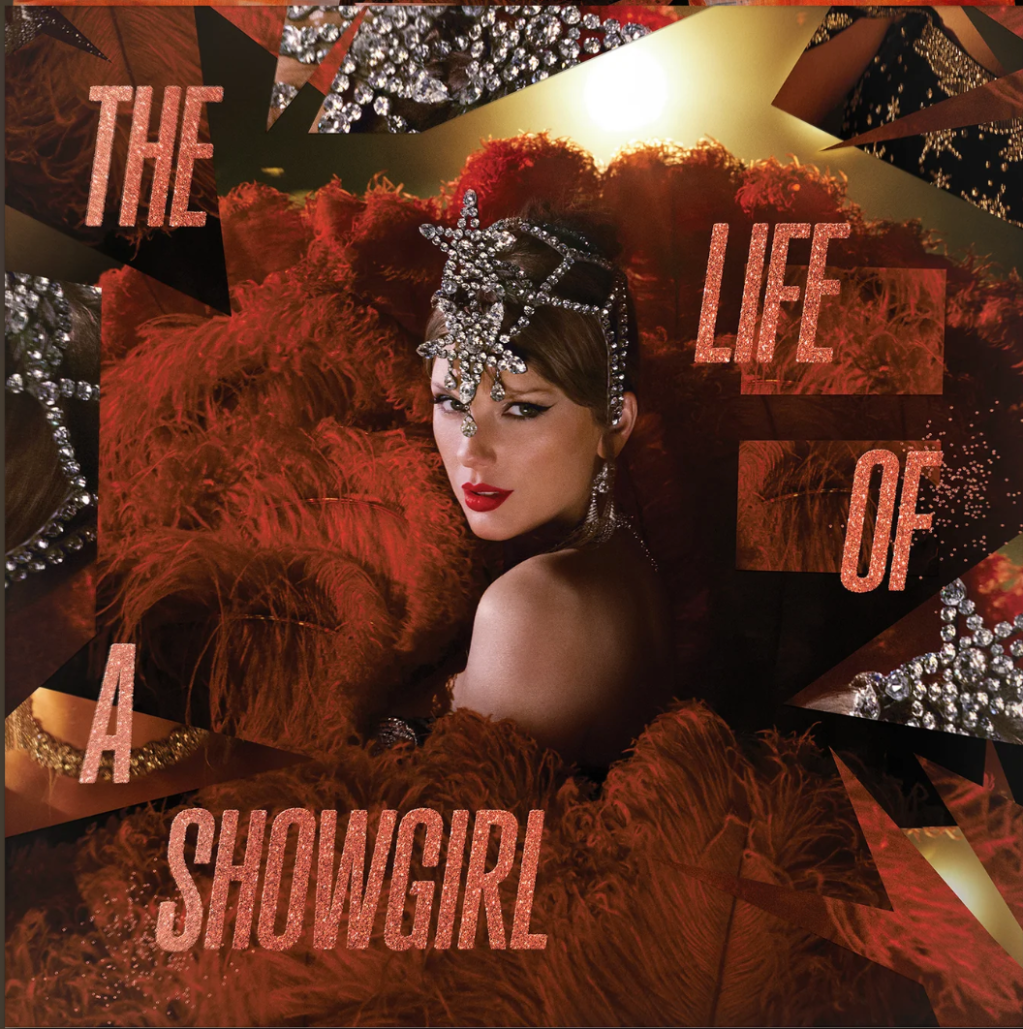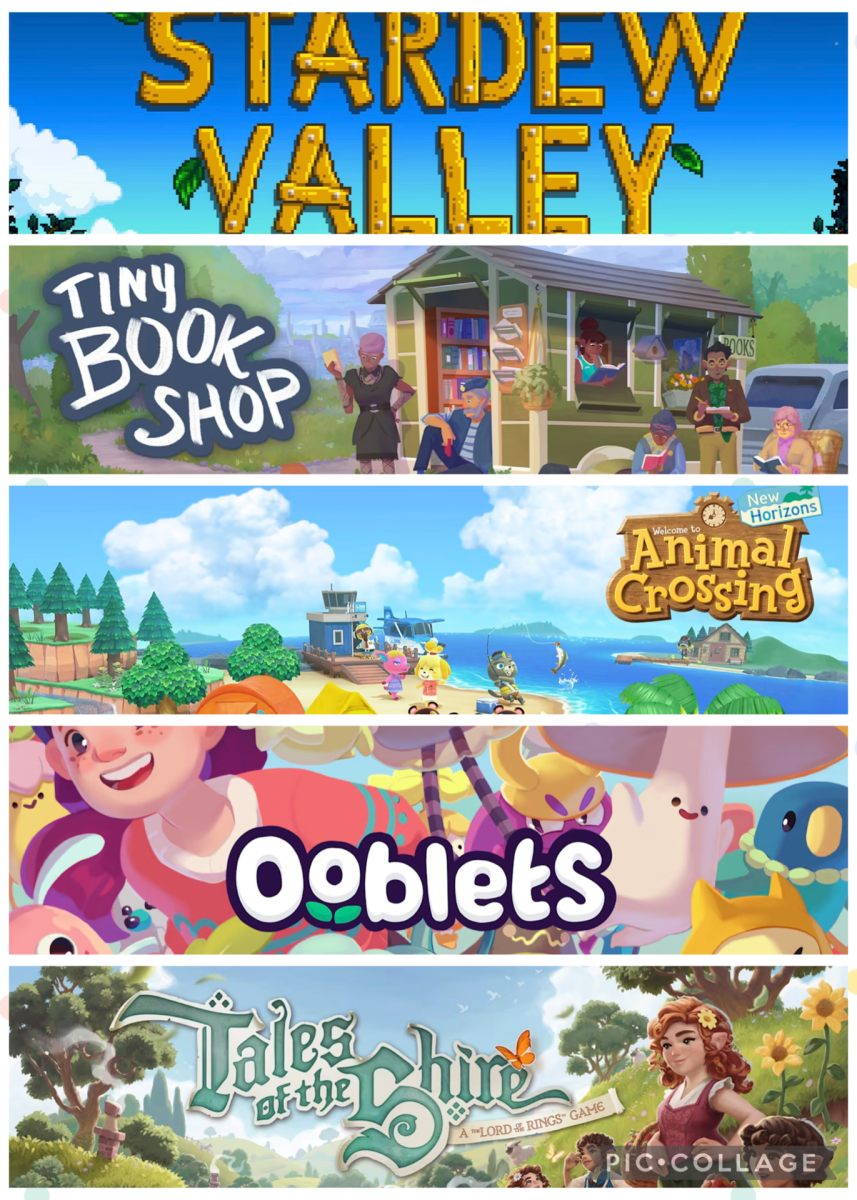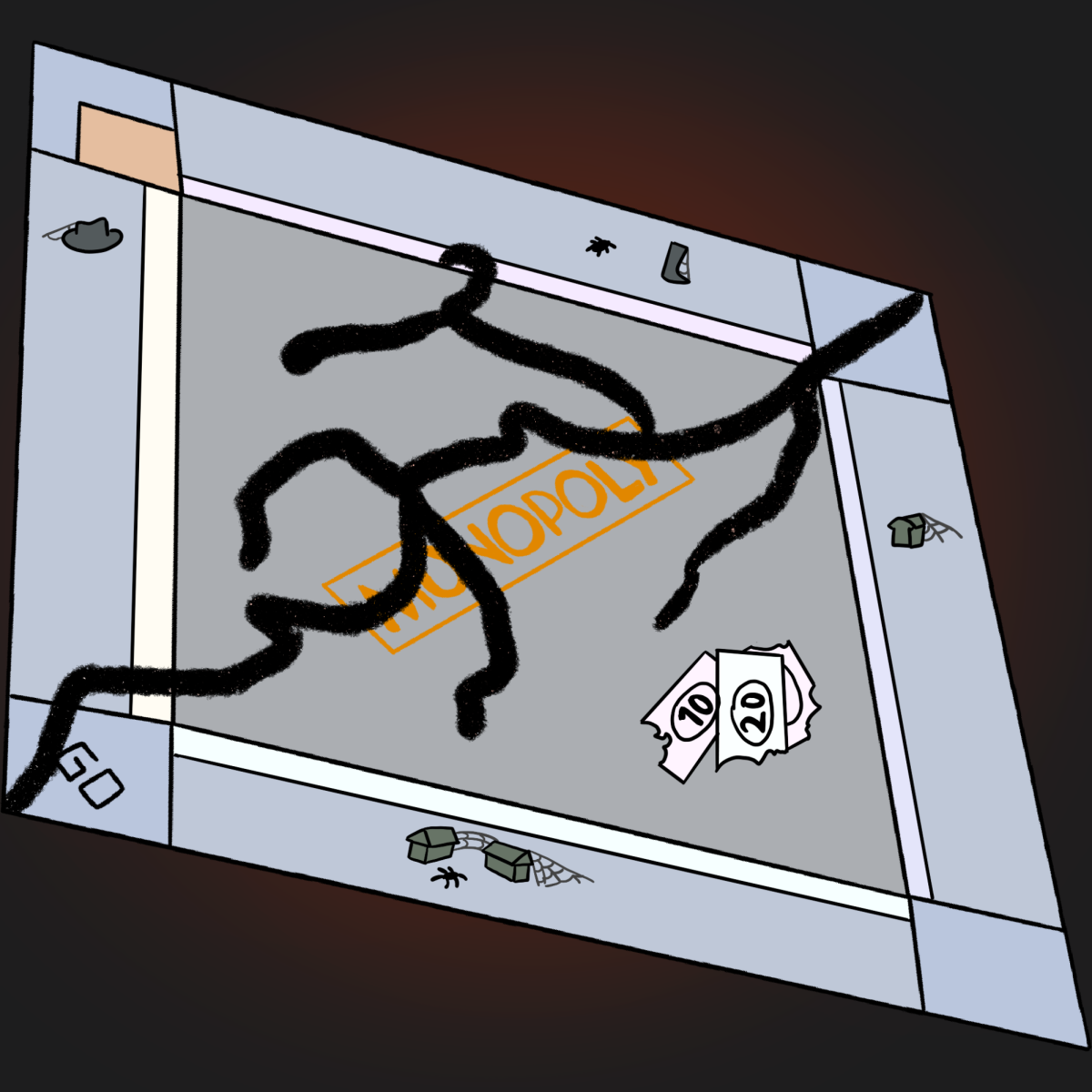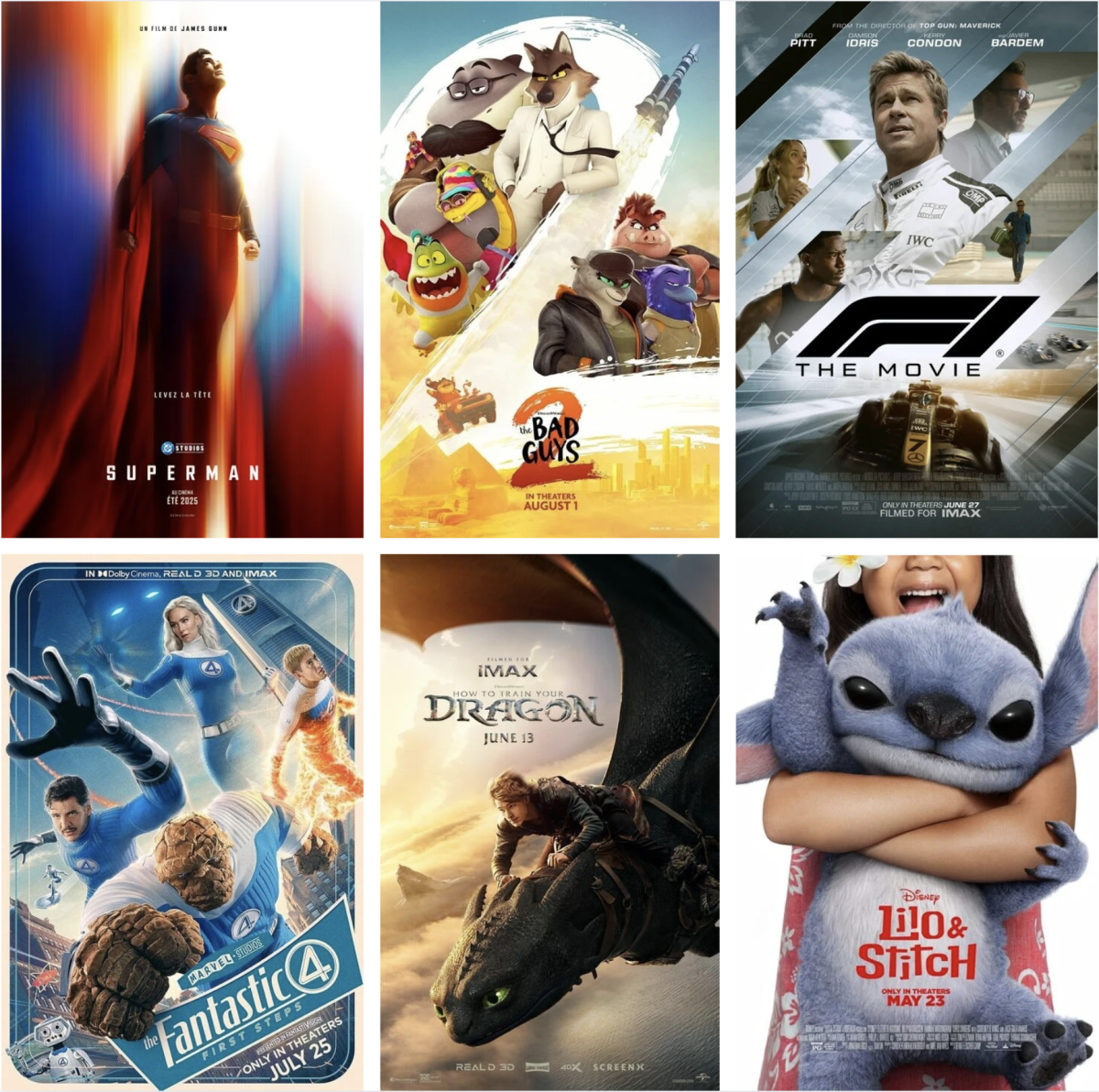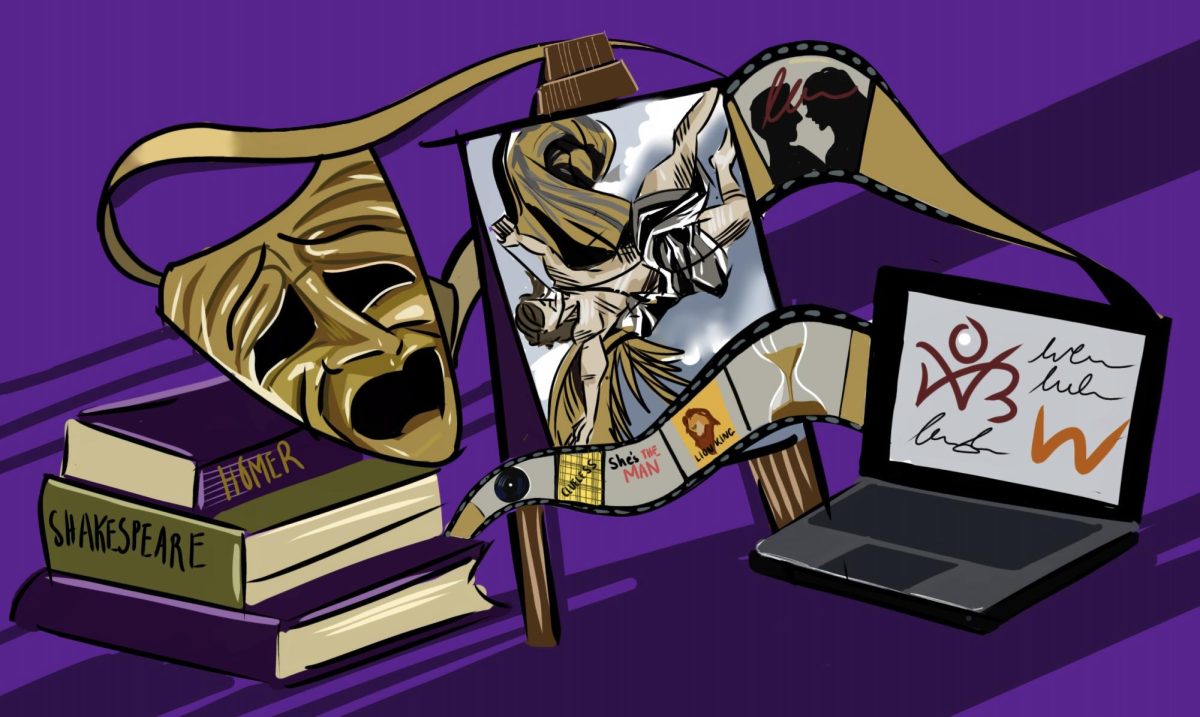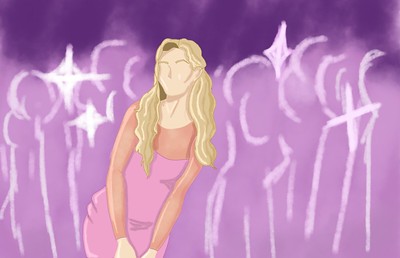
“Barbie,” directed and written by Greta Gerwig, was released in theaters on July 21, 2023. Before watching, I heard a variety of opinions on the summer Blockbuster, from “it was so good!” to “right idea, wrong execution,” and even one who felt it was, “too focused on bashing men and less on promoting feminism.”
My mom and I got to our front-row seats (decked out in pink) and once the movie began, the first few scenes with Margot Robbie didn’t feel like the right way to start off the film. It felt a bit as if it were created through iMovie editing, immediately speaking to the “wrong execution” perspective of one of my friends. Initially, it really didn’t live up to what a high-budget film beginning should be like.
At the beginning, as Barbie went through her perfect daily routine over and over again, the film seemed to be overly-perfect and almost monotonous. But it wasn’t until Barbie entered the real world that it finally got exciting.
It’s not a coincidence that the minute Barbie stepped into the real world, I started to connect with the movie more. She experienced an accumulation of uncomfortable moments that didn’t feel so good, one on top of the next. She was constantly faced with things she had never experienced before from discovering the patriarchal nature of human society to not being praised as a “feminist icon” by young girls as she expected to be.
A scene that particularly evoked a sense of familiarity was the one where Barbie and the Mattel corporates introduced themselves to one another. As Barbie starts conversing with the men, she first asks how to get back to Barbie land. Then, she brings up how she wanted to meet with who she thought was the “woman in charge” before hearing the Mattel CEO’s “I’m the son of a mother” speech, that used humor to underline the company’s male dominated staff.
She could sense something fishy going on when the corporates were persistently trying to get her back into a Barbie box. But instead, Barbie pretended that she fell for their trap and asked to go to the bathroom before getting into the doll box in order to buy her some time. She didn’t reveal how she truly felt in order to escape from that moment and save herself. This was a response to the experience that some women sometimes have had to undergo as well (hide their feelings and slowly escape), to make it out of an anxiety-inducing situation where the male figures have a dauntingly excessive amount of power. This scene was executed well, building up to a chase scene between the Mattel corporates and Barbie.
However, when trying to convey messages, the execution of the film occasionally lost its flow and Gerwig’s storytelling was not always smooth. It often felt as if she believed the movie wouldn’t come across to the viewers unless she used lengthy dialogue to explicitly outline what needed to be said. That being said, this flaw does not compare to the positive impact the movie had with its great variety of prevalent themes that it touched on.
Overall, we must ask ourselves – are the issues being portrayed still not deeply prevalent in our lives? Don’t the lingering pieces of inequality in the satirical humor of the film easily resonate with us? And lastly, don’t we still try to follow the rigid beauty standards that societal values engrain in us?
As I watched Barbie feel incomplete without her makeup during the peak of the meltdown scene in the film, it heavily showed how many women and even young girls today feel uncomfortable to go out without makeup – feeling as though it is a necessary piece of their identities at times. However, the movie was slowly building to the point that Barbie’s true self-acceptance and confidence resided within the bare-face version of herself, and it very successfully depicted that phenomenon for girls to follow.
During the same scene in the film where Barbie’s makeup was coming off, Gloria, a mother Barbie meets on her journey, goes off on a monologue about the ever-increasing struggles of any woman in modern society; how almost every action of theirs is criticized no matter what they do. She touches on body standards when she says, “You have to be thin, but not too thin”, how “You have to be a boss, but you can’t be mean” to “You’re supposed to stay pretty for men, but not so pretty that you tempt them too much..” She ends with “And if all of that is also true for a doll just representing a women, then I don’t even know..”
To top off the numerous points this movie was able to tackle, “Barbie” really gets “deep” when addressing the reality of how uncomfortable life can be for people in general.
Life, as uncomfortable as it is, enables people to deal with its discomfort in different ways to create distractions for themselves. Ruth Handler, inventor of the Barbie doll in 1959, (played by Rhea Perlman) said towards the end of the film, “Humans make things up like patriarchy and Barbie just to deal with how uncomfortable it is.”
That message encapsulated the truth of how it felt uncomfortable in the theater to experience the imperfections of the execution of the Barbie movie. Due to the deeper truth of life inevitably being uncomfortable, why should we expect perfect execution from the Barbie film when that notion doesn’t exist in real life?
After I stopped thinking about my expectations, I was able to stay present in what was going on in the movie without any preconceived judgment. An open mindset led for the messages to start resonating with me.
Depending on whichever stage of life someone may be in, “Barbie” delves into universal themes that could connect with anyone. For me a prominent one that stood out according to what I was experiencing in life was that no matter if you’re a guy or a girl, you have your own identity that is not attached to anybody else.
It’s necessary to keep in consideration how to step into the next Blockbuster film that comes out with all the top-tier actors and actresses. If there’s anything we learned from this film, it’s that we need not have high expectations which may be difficult at first. We need to just try our best to acknowledge that if our expectations aren’t met, it’s okay, to just let it be.
The two-month Barbie summer era was wonderful for young children and older generations who have played with the doll, to experience. Mature viewers from Gen-Z or older can discuss how accurately their struggles were encapsulated in the film, and it can lure a deeper conversation on the feminist-related issues that come back in new forms every single decade.
The satire, comedic musical numbers, and profound messages held the film together while imperfections in the execution of the film reflected the theme that the movie spoke to of imperfections in the real world. It was a film that recognized all sorts of perspectives in modern life and is one worth-watching.
Overall, “Barbie” was exactly what it needed to be.

